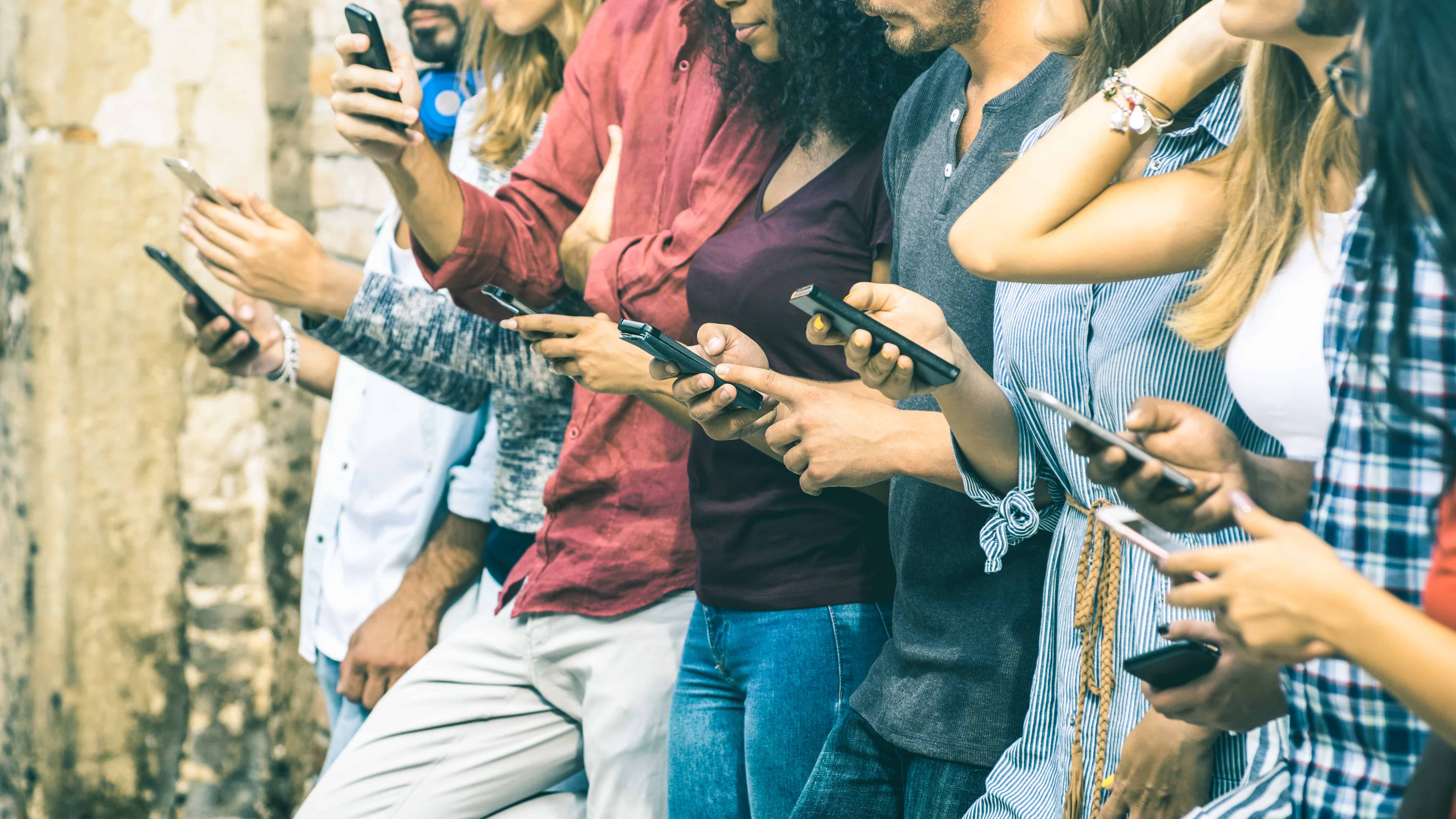
I got my first Instagram account when I turned 13. It was a secret, of course, from my mom, who didn’t like the fact that I was already connected to a world of different ideas and realities through the screen of my phone. Yet, I was intrigued with the power of social media, who it could connect me with and how fast. I wanted to learn about everything that I could on the platform, from teaching my 13-year-old self how to put on makeup, to pushing the boundaries of photography, or venturing off to places I would have never even considered stepping foot in.
Social media changed the entire game of what it means to communicate on a daily basis, how we connect with one another, and what those experiences mean to each and every single one of us.
In my senior year of high school, I took a class called AP Research. This class is part of the two-year AP Capstone program, where students write and research a topic of their choice in the process of writing an academic paper. For my senior year AP Research project, I conducted an experiment and wrote about the power of celebrities and social media in regards to their ability to alter an adolescent male’s body image.
The aim of this study was to assess the Lake Nona High School male students’ body image when comparing themselves to those famous individuals, and how the images on these social media sites impact the male gender, which has yet to have been deeply assessed. It was discovered that though boys are less intent on focusing on the physical attributes of the celebrities photographed, they tend to focus on the other aspects the celebrity represents, such as wealth, personality or influence. Though I cannot go into many details, my findings in this study were not only disturbing to me, but also opened my eyes to some of the other faults of social media and how it impacts the general public on a daily basis.
I can guarantee that if you take any mode of transportation, go into any supermarket or mall, or even look across a restaurant, you will see someone on their phone with their thumbs out, lazily scrolling through Instagram, Facebook or Twitter. One observational moment at a theme park will allow you to see people lifting their phones up to take a snap (a photo or video) on Snapchat or dragging a camera out of their bag to vlog the entirety of their vacation. The number of cameras, surveillance, and the ability to gain validation and insight on one’s personal perception of the world through the lens of their phone or camera has made us hyper-aware of other’s thoughts and feelings about us, changing the way we communicate.
People around us are changing right before our very eyes. Have you met anyone old enough to use the internet and social media who isn’t concerned about their like count or number of followers? Have you watched as your friends have posted content bragging about the best aspects of their lives, when you know that the reality is that they are struggling with self image? Have you ever wondered why adults and teenagers alike have become more brash and willing to say things they would never say to your face through the protection of a screen? Have you ever dealt with adults who are so insecure about their appearance on and offline that they take their emotions and project them on to others?
The answer is likely yes.
As human beings, we’re always trying to show off the best of ourselves. We’ve become obsessed with the idea of an internet-based “highlight reel,” where our persona as depicted through the pixels on a laptop or cellphone mean more to us than the person comprised of flesh and bone on the other side.
The truth is, we’ve reached a point in our reality where our perception of who and what other people are has become more important to us than actually knowing their story. When was the last time you asked someone to hang out without having to document it for the internet to see? When was the last time you lowered your walls or softened your attitude to see things from someone else’s perspective? When was the last time you put your phone down and breathed?
We are an internet generation, and for as much good as the rise of social media has done for us, it has done just as much damage to who we are as a population of people. Put your phone down, read the newspaper (maybe even this one!), go explore something in nature. Life is meant for those who take the opportunity to live it themselves, not through the lens of others. We are not robots meant to be plugged into electronic devices for hours every day.
You’re a person, not a like count, a follower ratio, a number on a screen, or any other arbitrary measure of acceptance or validation. Don’t forget that.


Great Article! Keep up the awesome work!